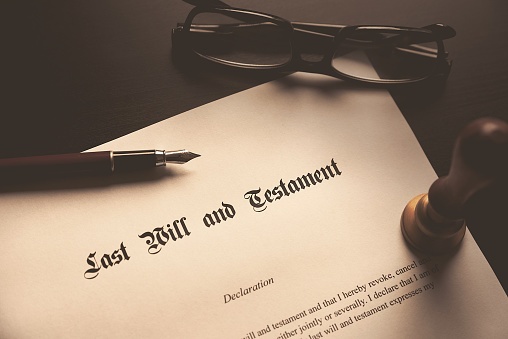An executor or personal representative is the person who is appointed to manage aspects of your estate once you pass away. It can be very difficult to determine who to instill in this role, leading some to think that the right next step is to name more than one executor to their overall estate. 
This comes with some challenges and it is always best to discuss all your estate planning concerns with the support of an estate planning lawyer. In the vast majority of situations it’s not a good idea to name coexecutors. This most often comes up when a parent wants to name multiple children to serve in the role of executor to avoid hurt feelings or conflicts.
However, if coexecutors are named in a will, they must act together to make all decisions unanimously apply to have the will probated together, sign all property titles and deeds for transferring assets and signing for the estate’s investment accounts and tax returns, financial accounts and more. They are all responsible together for paying all of the estate’s bills and debts from the estate itself and can be held liable for any damages that is done to any assets.
Naming multiple executors is most problematic because it can add unnecessary delays and inconvenience to the management of your estate. If it is possible to choose one person in your family to play this important role, other siblings are likely to understand the potential downsides of choosing multiple executors.
You can always name other children as alternate executors of the estate or back up executors. For more information about these kinds of complex issues, set aside time to speak with an estate planning lawyer in Massachusetts.

